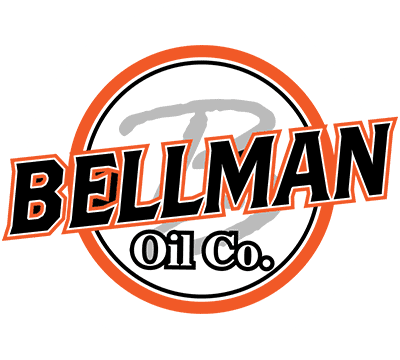Lubricants play a critical role in ensuring the smooth operation of nearly every machine or mechanical system. Grease and oil are two of the most common kinds of lubricants. However, many people may think these two words refer to the same substance. In reality, grease and oil are two distinct lubricants, each with its own characteristics and appropriate applications. Let’s explore grease vs oil and help you make the right decision to enhance your machinery’s performance and longevity!
Characteristics of Grease
Grease is a semi-solid substance made of a blend of oil and a thickening agent, like lithium, calcium, or aluminum soap. The base oil is usually mineral or synthetic oil. The thickening agent is what determines the grease’s consistency and stability.
Due to its semi-solid nature, grease firmly adheres to surfaces, providing continuous lubrication even under immense pressure and slow speeds. This prevents it from washing away. Grease acts not only as a lubrication agent but also as a barrier in the machinery. This lubricant can fill in small spaces, sealing out dirt and other contaminants that could wear away at the machine.
Characteristics of Oil
On the other hand, oil is a liquid lubricant that flows freely in machinery. Oil-based lubricants are derived from crude or synthetic oil and are made of hydrocarbons. Additives can improve the performance of this lubricant. For example, some additives can change the oil’s viscosity or reduce wear on machinery.
Oil’s primary purpose is to lubricate moving parts in a machine, reducing friction and allowing them to move freely. This enhances the efficiency of manufacturing processes and reduces wear on machine parts. Oil can also dissipate heat and spread it across the machine. This prevents overheating and thermal damage. Some oils can carry contaminants, like dirt and dust, out of a machine through a filtered removal system. Oil’s versatility makes it a popular choice for many usages.
Appropriate Applications for Grease
Grease is the primary choice for many lubrication situations. Its semi-solid consistency and adhesive properties make it ideal for machinery that carries heavy loads, works at slow speeds, or requires continuous lubrication. Here are some of the most common use cases for grease:
-
Machinery with Heavy Loads and Slow Speeds
In these situations, the lubricating properties of oil can quickly be negated by the weight and speed. Grease is often used in these situations because it can adhere to surfaces in the machine, forming a protective barrier that is not easily worn away. Construction equipment and heavy-duty vehicles often use grease as a lubricant.
-
Machinery in Extreme Conditions
In environments where machinery is exposed to harsh conditions like humidity or dirt, grease can seal the machine’s interior, preventing contaminants from getting into the machine. Heavy machinery in mining or marine environments may use grease to prevent corrosion and wear.
-
Machines Where Frequent Reapplication of a Lubricant is Impractical
One of the most significant benefits of grease is its staying power. Once applied, it can provide long-lasting lubrication, reducing the need for frequent maintenance. This is great for machines with bearings, gears, and other parts that may be difficult or time-consuming to access for reapplication.
Grease can also be used when noise reduction is essential or to prevent corrosion and rust on metal surfaces. It is vital for machine and maintenance professionals to understand the proper use case for grease to reduce downtime and minimize the need for unnecessary maintenance.
Appropriate Applications for Oil
Oil is a versatile lubricant, prized for its fluidity and heat-dispersing properties. Oil is most commonly used in high-speed machinery that is in constant motion. The liquid consistency of oil allows it to slip between fast-moving machine parts without interrupting efficiency. High-speed machinery also tends to generate a lot of heat. Oil can spread the heat across the machine, preventing one part of the machinery from overheating and shutting down.
In general, oil can be an effective lubricant in almost any situation. However, grease may be better for certain specialty situations. Whether to use grease vs oil depends on your personal situation.
Call Bellman Oil Today!
Have questions about grease vs oil or looking for a fuel supplier? Reach out to Bellman Oil today!





